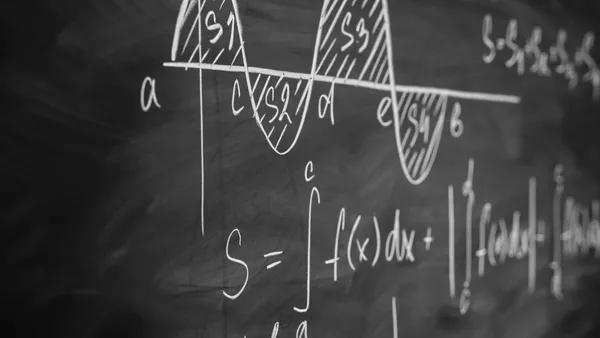Dive Brief:
-
Long-term trend National Assessment of Education Progress scores released Thursday by the National Center for Education Statistics — separate from regular NAEP scores — show the lowest-performers among 9- and 13-year-olds in both math and reading performed worse compared to 2012, while the scores of top performers plateaued or slightly increased. This divide was especially pronounced for 13-year-olds in math.
-
Similar trends were noticeable in other subjects, such as U.S. history and science, as well as in other assessments, including the main NAEP assessment and some results from the Program for International Student Assessment, said NCES Commissioner Peggy Carr in a briefing.
-
Score gaps also increased since 2012 in math for Black and Hispanic 13-year-olds, who performed lower in the subject compared to their White peers. However, major student subgroups, broken down by race and gender, have improved since the earliest long-term trend assessments administered in the 1970s.
Dive Insight:
"None of these results are impressive. All of these results of concerning. But the math results are particularly daunting, in particular for 13-year-olds," said Carr, who has been reporting NAEP scores for decades. "I've never reported a decline like this."
"The most struggling students are struggling more than they ever have before," Carr added. "It's a pervasive and systemic pattern" that "we are going to need concerted help from all disciplines to unpack."
It is important to note the diverging data was collected prior to COVID-19 school shutdowns in March 2020. Analysts have predicted students' academic performance could decline further given disruptions from COVID-19 and virtual learning.
NCES, which administers the NAEP, had to forego collecting data for 17-year-olds due to school closures, Carr said.
For the first time in the history of the program, NCES will collect back-to-back long-term trend assessments of 9-year-olds beginning January 2022 during a three-month window, two years after the 2020 assessment, to compare potential pre- and post-COVID changes.
NCES will also resume administering the main NAEP assessment after a hiatus due to COVID-19.
Long-term NAEP assessments differ from regular NAEP assessments in how often they are administered, in the content assessed, and in how the results are reported. Long-term trend assessments are also age-based, while main assessments are grade-based. Main NAEP assessments also change periodically to reflect changes in research and curriculum, assessment design and professional standards.
The numbers in this assessment, Carr said, are not comparable to the main NAEP scores.












